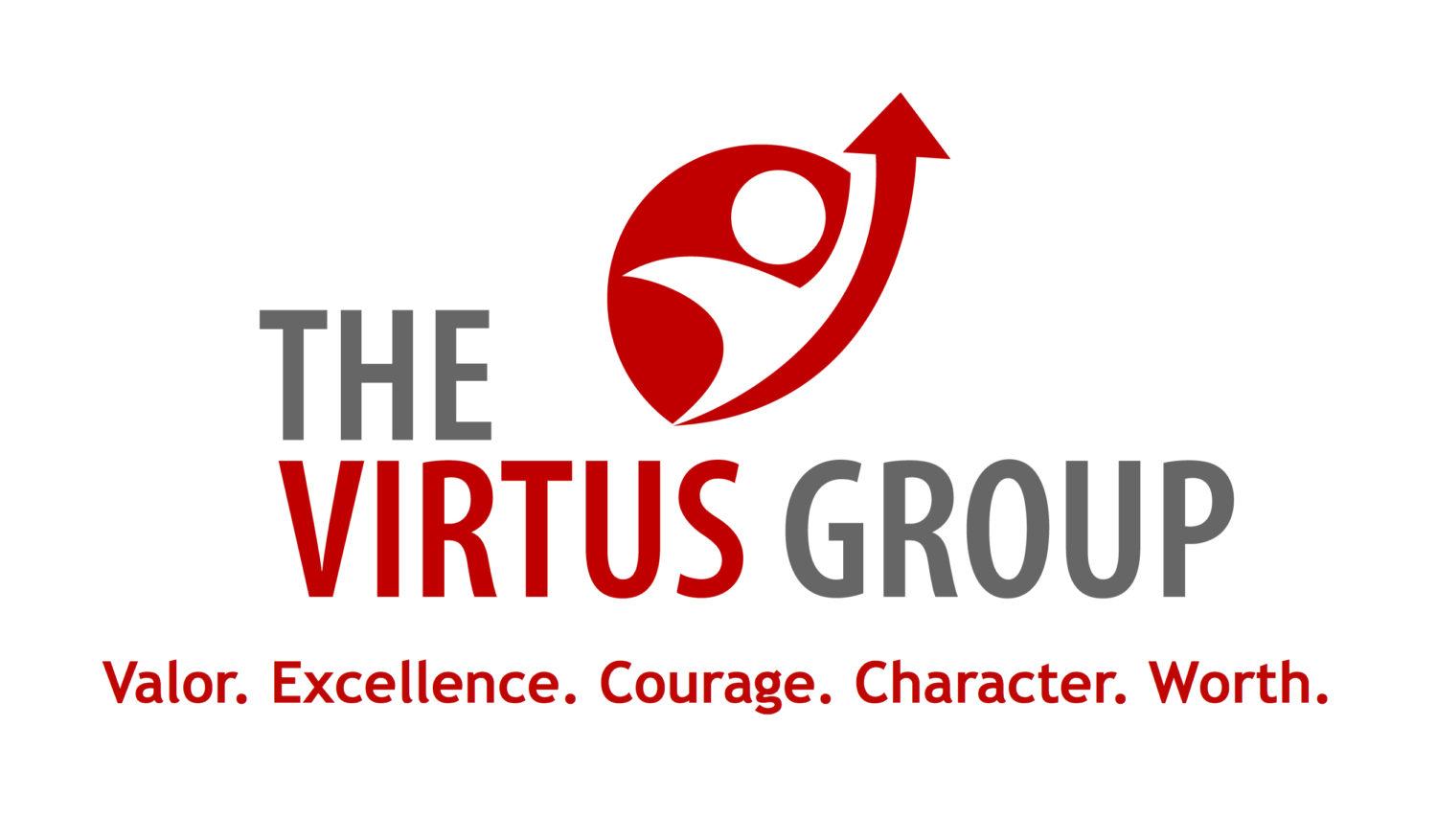I’ve got this stack of Fast Company hard copies that I’m slowly working through. Very slowly. I was in a 2014 issue, and a blurb by Stephanie Vozza caught my eye. She shared ways to make meetings better, faster, and more fun. Under “Faster,” she shared author Dick Axelrod’s idea of “asking participants to share what they need to do or say to be fully attentive.” Good stuff. 
I used to work at a company with a similar practice. Before meetings and workshops, we’d ask what the “needs and expectations” were. This did two things. It allowed the group leader to understand where participants were mentally, and thereby engage with them more effectively. It also jumpstarted the engagement process by inviting participants to share something personal up front.
It’s incredibly effective. Truism: when we are genuinely interested in a meeting or training, we will be more engaged. Contrast that with the times you’ve entered a room doubting whether it was worth your time and dreading the slow slog through someone else’s agenda. There’s a vast difference between that and a meeting where your interests are fully represented.
When you ask the simple question, “what do you need to get out of this?” – and act on it – you communicate that you value your team members. You’re inviting them to participate and share of themselves. As a result, both their experience and that of the entire group will be better.
Another way to ask it is, “Why are you here?” This version feels inherently profound and existential. But what if we answered it quite literally, in the moment? “Why am I in this meeting?” “Why did I come to this seminar?” An easy out would be, “because I have to.” But maybe we can encourage our team members to go further. To see themselves as autonomous and having a sense of agency – with their own reasons for being in the room.
When someone asks, “why are you here?” I’m confronted with the need to step out of my task-focus and look at myself in the third person – to think about my thinking. Such metacognition and reflection are immensely valuable for our growth and performance. Unfortunately, our frenetic task-list often prevents us from even considering our own expectations and ideas.
Until someone takes the time to ask.
“Why are you here?”
